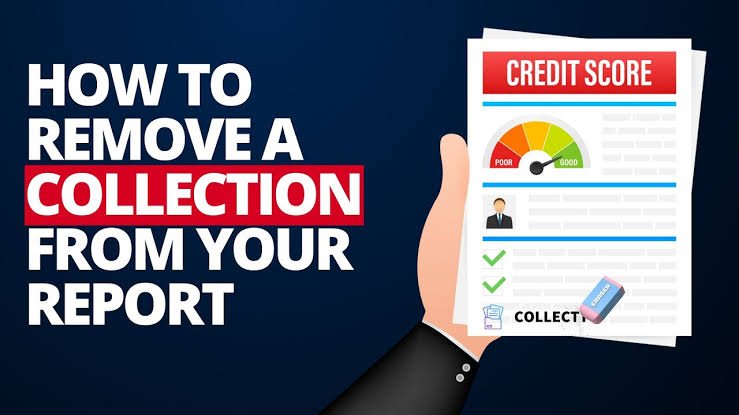Understanding How Collections Affect Your Credit Report
Collections on your credit report can have a significant impact on your financial standing. When an account is sent to collections, it typically means you’ve missed payments for an extended period, and the original creditor has sold the debt to a collection agency. This negative mark can stay on your credit report for up to seven years, lowering your credit score and making it harder to secure loans, mortgages, or credit cards at favorable rates.
Understanding how to remove collections from credit report is crucial if you want to rebuild your credit health. Removing these entries can potentially improve your credit score and give you better financial opportunities. Collections can show up even if you’ve already paid off the debt, so reviewing your credit report regularly is essential to catch any inaccuracies.
At Ware Law Firm, we know how important it is to take control of your credit. By understanding what collections are and how they affect your financial profile, you can start taking steps to remove them and move toward a stronger credit future. From identifying errors to exploring legal remedies, addressing collections can make a significant difference in your financial life.
Reviewing Your Credit Report for Errors
Regularly reviewing your credit report is a critical step in maintaining your financial health. Errors in your credit report, especially related to collections, can negatively impact your credit score and create unnecessary obstacles when applying for loans or credit. These mistakes might include accounts that don’t belong to you, incorrect balances, or outdated collection entries that should no longer be reported.
If you’re wondering how to remove collections from credit report, the first step is to obtain a copy of your report from the three major credit bureaus: Equifax, Experian, and TransUnion. Review the details of each collection account carefully, checking for inaccuracies or duplicate entries. Pay special attention to the date of the original delinquency, as collection accounts are legally required to fall off your report after seven years.
At Ware Law Firm, we emphasize the importance of identifying errors early. Mistakes in your credit report can be disputed with the credit bureaus, potentially resulting in the removal of inaccurate collection accounts. By staying informed and proactive, you can address these errors effectively and work toward improving your overall credit score, paving the way for better financial opportunities.
Disputing Collections with Credit Bureaus
If you’ve found inaccuracies in your credit report, disputing them with the credit bureaus is an essential step in resolving the issue. Collection accounts that are reported incorrectly, are outdated, or don’t belong to you can be challenged and potentially removed. Knowing how to remove collections from credit report through disputes can help improve your credit score and financial standing.
To start the process, gather evidence supporting your dispute. This may include payment receipts, correspondence with the collection agency, or proof that the debt is not yours. Once you have the necessary documentation, submit your dispute to the credit bureau reporting the error—Equifax, Experian, or TransUnion. The bureaus are legally obligated to investigate and respond within 30 days.
During the investigation, the credit bureau will contact the collection agency to verify the accuracy of the information. If the agency fails to provide sufficient proof, the collection account must be removed from your report. At Ware Law Firm, we understand the importance of acting promptly and providing clear evidence when disputing inaccurate entries. By following these steps, you can take control of your credit and address any unwarranted negative marks on your report effectively.
Negotiating with Debt Collectors for Removal
If a collection account on your credit report is accurate, negotiating directly with the debt collector can be an effective strategy for resolving the issue. Many collection agencies are willing to work with individuals to settle the debt and, in some cases, agree to remove the collection account from the credit report. Understanding how to remove collections from credit report through negotiation can be a valuable step in improving your credit profile.
One common approach is a pay-for-delete agreement, where you offer to pay the debt in full or a negotiated amount in exchange for the collector removing the account from your report. If you choose this route, ensure you get the agreement in writing before making any payment. This protects you and provides evidence that the collector agreed to remove the account.
At Ware Law Firm, we encourage individuals to approach these negotiations carefully and ensure all terms are clearly documented. Even if a pay-for-delete agreement isn’t possible, paying off the debt can still improve your creditworthiness over time. By addressing collection accounts directly with debt collectors, you can take proactive steps to resolve your debt and work toward a stronger financial future.
Conclusion
Removing collections from your credit report is essential for improving your financial future. By reviewing your report for errors, disputing inaccuracies, and negotiating with debt collectors, you can take control of your credit health. Ware Law Firm is here to guide you through these steps and help you achieve lasting financial stability.

